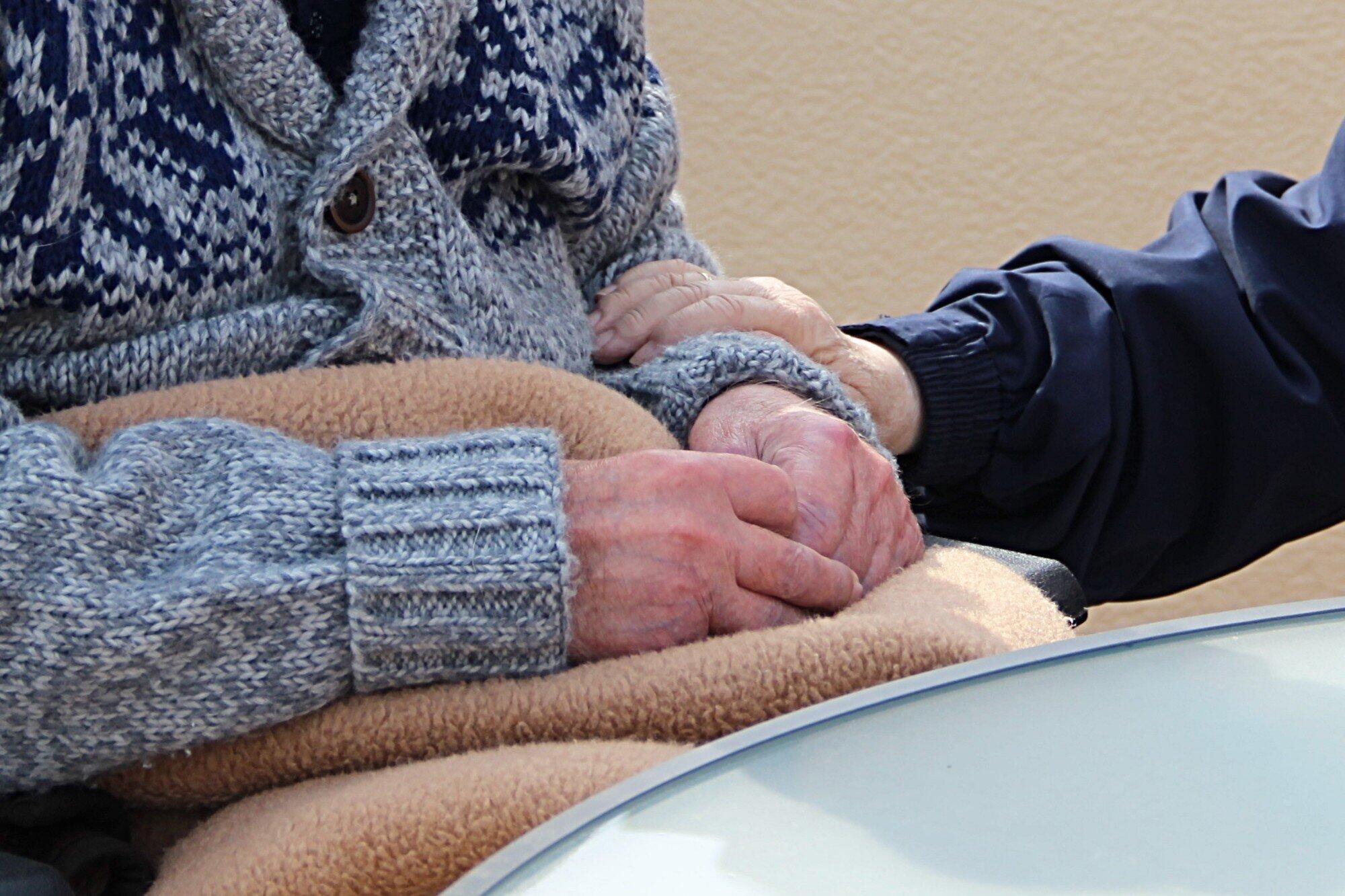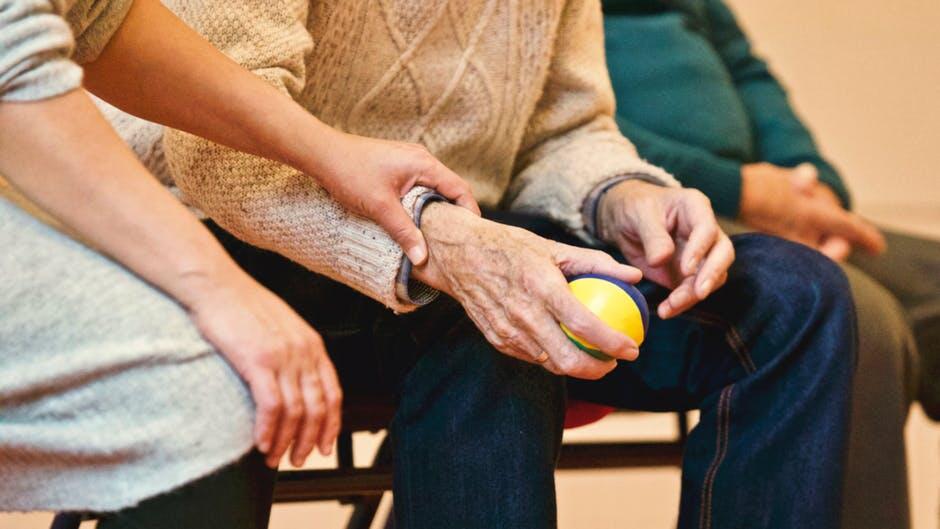
7 Essential Tips for Filing a Nursing Home Abuse Lawsuit
Find out seven essential tips for filing a nursing home abuse lawsuit. Safeguard your family’s rights-click to read more now!
The goal when moving your loved one to a nursing home is to ensure they are well taken of and living their best life.
But that can’t happen if the nursing home staff ends up mistreating, neglecting, or even harming them while in their care. Abuse can take many forms, including physical abuse, emotional abuse, neglect, financial exploitation, or even sexual abuse.
The emotional and physical damage caused by nursing home abuse can be profound, and filing a nursing home abuse lawsuit can help protect your loved one’s rights and prevent future harm to others.
If you suspect that a loved one has been abused or neglected in a nursing home, it’s essential to act quickly and effectively. The legal process can be complex, but with the right knowledge and guidance, you can pursue justice for your loved one.
Here are seven essential tips to follow when filing a suit under elder abuse law.
1. Recognize the Signs of Abuse or Neglect
Nursing home residents may be reluctant or unable to communicate the abuse, so it’s up to family members to recognize warning signs.
Common indicators of nursing home abuse or neglect include:
- Unexplained bruises, cuts, or injuries
- Bedsores or pressure ulcers
- Sudden weight loss or dehydration
- Poor hygiene or unsanitary living conditions
- Emotional withdrawal, depression, or anxiety
- Signs of overmedication or under-medication
- Unexplained financial transactions or missing belongings
If you notice any of these signs, it’s critical to investigate further and, if necessary, take legal action to protect your loved one.
Our Team Is Here To Assist You Every Step Of The Way.
SPEAK TO AN ATTORNEY TODAY2. Report the Abuse Immediately
Contact the nursing home administration to alert them of your concerns and document your report in writing. In addition, file a complaint with state agencies that regulate nursing homes, such as the state’s Department of Health or the Department of Aging.
Reporting the abuse not only helps protect your loved one but also creates an official record that can be used as evidence in your lawsuit. In some cases, reporting abuse can prompt a government investigation into the facility, which can further strengthen your legal case.
3. Gather Evidence
The more documentation you have, the better your chances of proving that abuse or neglect occurred. Evidence to collect may include the following.
Medical records
Document any physical injuries or medical conditions related to the abuse. Obtain copies of your loved one’s medical records from the nursing home and any other healthcare providers who treated them.
Photographs
Take clear photographs of any visible injuries, such as bruises, cuts, or bedsores. Document unsanitary living conditions or any other evidence of neglect.
Witness statements
Speak with other residents, visitors, or nursing home staff members. They may have witnessed the abuse or have knowledge of the situation.
Financial records
If financial exploitation is suspected, gather bank statements, receipts, and other financial documents. This will show unusual transactions or missing funds.
4. Contact an Experienced Nursing Home Abuse Lawyer
Filing an elder abuse claim can be legally complex, so it’s crucial to have an experienced law firm on your side. A lawyer who specializes in nursing home abuse cases will have the expertise to:
- Guide you through the process,
- Help you understand your legal rights
- Maximize your chances of a successful outcome
When selecting a lawyer, consider their experience with similar cases, their reputation for handling elder abuse claims, and their willingness to fight for the compensation your loved one deserves.
An experienced attorney will also be able to help you gather evidence, assess the strength of your case, and negotiate with the nursing home or its insurance company.
5. Understand the Statute of Limitations
Every state has a statute of limitations that sets a time limit for filing a lawsuit. In nursing home abuse cases, the statute of limitations typically ranges from one to three years, depending on the state. This means you must file your lawsuit within that time frame, or you may lose your right to seek compensation.
It’s important to consult with a nursing home attorney as soon as possible to determine the statute of limitations in your state. The clock usually starts ticking from the date the abuse occurred or the date you discovered the abuse. Delaying your case can weaken your legal position, so taking swift action is critical.
6. Determine Who Is Liable
In a nursing home abuse lawsuit, there may be multiple parties who could be held liable for the harm caused to your loved one.
The nursing home may be held liable if it failed to provide adequate care, failed to supervise staff, or allowed unsafe conditions that led to abuse or neglect.
Individual staff members who physically or emotionally abused your loved one, neglected their care, or financially exploited them may also be liable.
In some cases, third-party contractors, such as visiting nurses or medical professionals, may be responsible for the abuse or neglect.
Determining liability is critical in building a strong case. Your lawyer will help identify the responsible parties and pursue legal action against all those involved.
7. Consider the Types of Compensation Available
Nursing home abuse lawsuits typically seek compensation for the damages suffered by the victim. The types of compensation you may be entitled to include:
- Medical expenses: This includes past and future medical costs
- Pain and suffering: Compensation for the physical and emotional pain
- Punitive damages: Awarded to punish the nursing home and deter future abuse.
If the abuse led to the death of your loved one, you may be able to file a wrongful death lawsuit and seek compensation for funeral expenses, loss of companionship, and other damages.
File a Nursing Home Abuse Lawsuit – Protect Your Loved One’s Rights
It’s so easy to believe that qualified and experienced nursing home staff would know to treat your loved one with care and love. But that isn’t always the case.
When filing a nursing home abuse lawsuit, make sure to have a law firm like BDIW Law on your side. We have years of experience dealing with and filing elder abuse claims. Take advantage of our knowledge by setting up a free consultation with our teamtoday.










